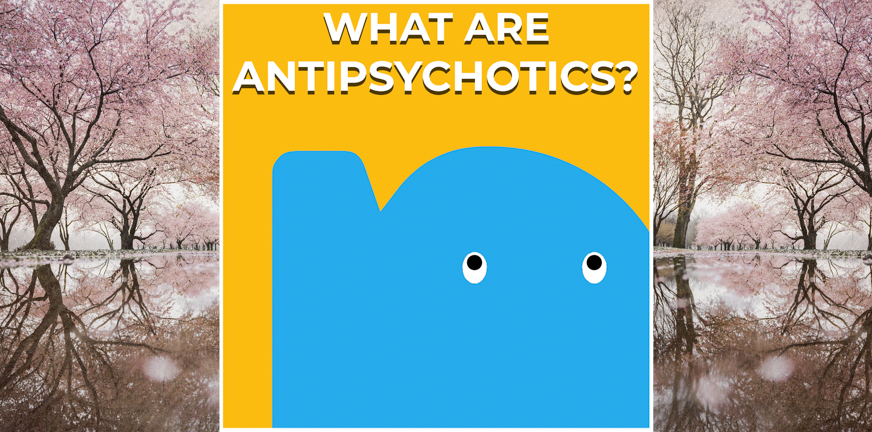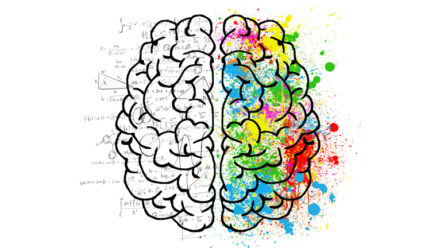
When you are having psychotic episodes that cause you a lot of problems, your doctor or psychiatrist can advise you to treat it pharmacologically (‘with medicine’). Although antipsychotics may sometimes help to get you out of psychosis, they do not solve the underlying causes.
During a psychotic episode you might see or hear things others do not (hallucinations). Or you might have ideas or beliefs that people around you do not share or understand (delusions). Some people refer to this as a “break with reality”. Doctors often describe it as psychotic symptoms, a psychotic episode or a psychotic event.
What are antipsychotics?
Your doctor or psychiatrist may advise a certain class of medicines, called antipsychotics, to help you get out of the psychotic state. Remember that antipsychotics are not a cure: they do not take away the cause of psychosis, nor do they solve the underlying problems. The medication only dampens anxiety and agitation. However, this can help you regain some control, especially when the psychotic symptoms are causing a lot of stress and anxiety.
How do antipsychotics work?
Your brain has many ‘chemical messengers’ (called neurotransmitters) that transfer information from one part of your brain to another. One of these chemicals is called dopamine.
The theory underlying psychosis, which remains to be proven, is that high concentrations of dopamine make your brain work differently and thus lead to information being processed differently. The hypothesis is that this may be how the symptoms of psychosis can develop. Antipsychotics reduce the dopamine signals in the brain, and thus may increase the chance that information is processed correctly.
External websites:
- Medline Plus Information about specific medicines and patient leaflet
- Mind.org on info about driving and medication




